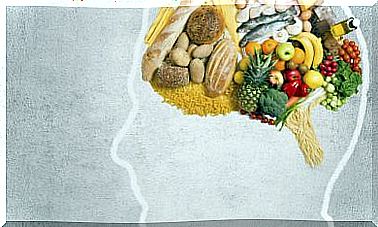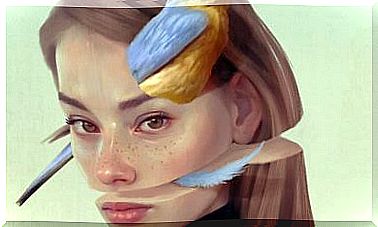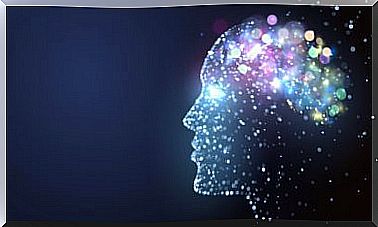What Happens To Your Brain When Your Heart Is Broken? Physiological Correlates Of Heartbreak
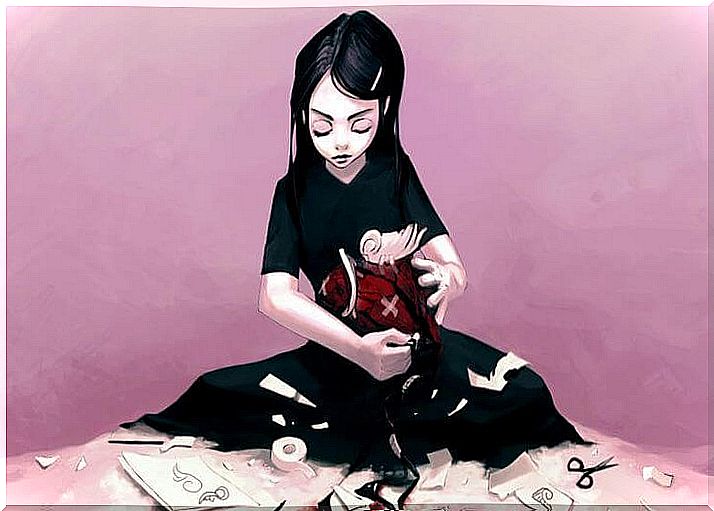
Bad breakups leave us empty, desolate, confused. We feel the lack of love as if a part of ourselves had been torn from us and the truth is that there is something of that. Scientific studies have shown that couples involved in long-term relationships develop interconnected memories, with each individual becoming part of a system that both people depend on.
When the relationship ends, that disconnection is experienced in a traumatic way. It is as if a limb had been amputated and the body reacts by yearning for that learned dependence, in a way similar to the withdrawal syndrome of someone who is hooked on any substance.
Falling in love with a person is an emotional affective process that has many effects on our brain. For this reason, also, when the moment of the couple break up there are various effects on our brain. During heartbreak, the same areas that are involved in physical pain are activated when we experience emotional pain.
Our brain during heartbreak
Various studies show that the same areas of the brain that are activated when a person falls in love, that generate attachment and cravings to be with that person, are activated in a break. This means that in addition to the pain for the situation, the person can continue to feel attachment to their partner.
The director of the Center for Cognitive and Social Neuroscience at the University of Chicago in the United States, John Cacioppo, maintains that we were designed to establish stable emotional ties and it is very hurtful that these are broken because the person you trusted and in whom you believed failure.
The results of other studies carried out in relation to people who feel depressed after a couple breakdown show that the body, when reacting to pain, can release the same hormones that we release when we feel stressed; hormones that in turn can affect the normal activity of the digestive system or heart.
If we have gone through similar situations we know that it hurts a lot, but that life goes on, friends, family, our passions and the resources within us will help us overcome the situation. The process of breaking up is like falling in love again, but in reverse. The neuronal reactions caused by romantic passion are similar in both cases.

The brain during overcoming a break
Several studies have shown that as a romantic relationship develops, the idealization of the loved one is mitigated, but after the breakup everything floods again. The brain’s reward systems during heartbreak are still waiting to receive your “love kick,” but by not getting the right response, their reaction, as with drugs, is to increase the volume of that call.
That brain reward system screaming for its dose is what ultimately leads us to behave impulsively or stupidly after a breakup. When we write messages of goodbye, or agony to our ex-partners, we are actually responding to the chemical messes of our brain.
Ultimately, when love ends it hurts, it is a physical and real suffering that can last for months, but that pain is part of the healing process and overcoming the breakup. Different brain scans performed on people during the heartbreak phase, found that there is a special activity in areas of the prefrontal cortex, the region of the brain involved in the expression of personality, in decision-making processes and in cognitive behavioral planning complex.
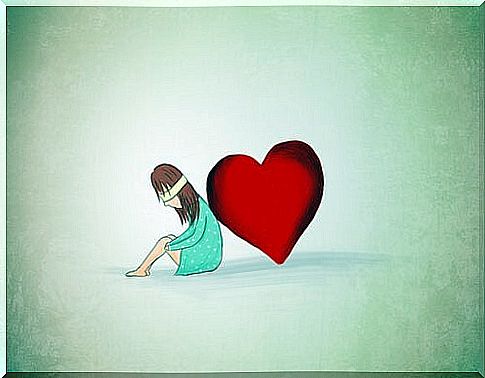
That is, while we mourn and cry, our brain chemistry is already at work to redirect our behavior, balance emotions and get us back on track.





